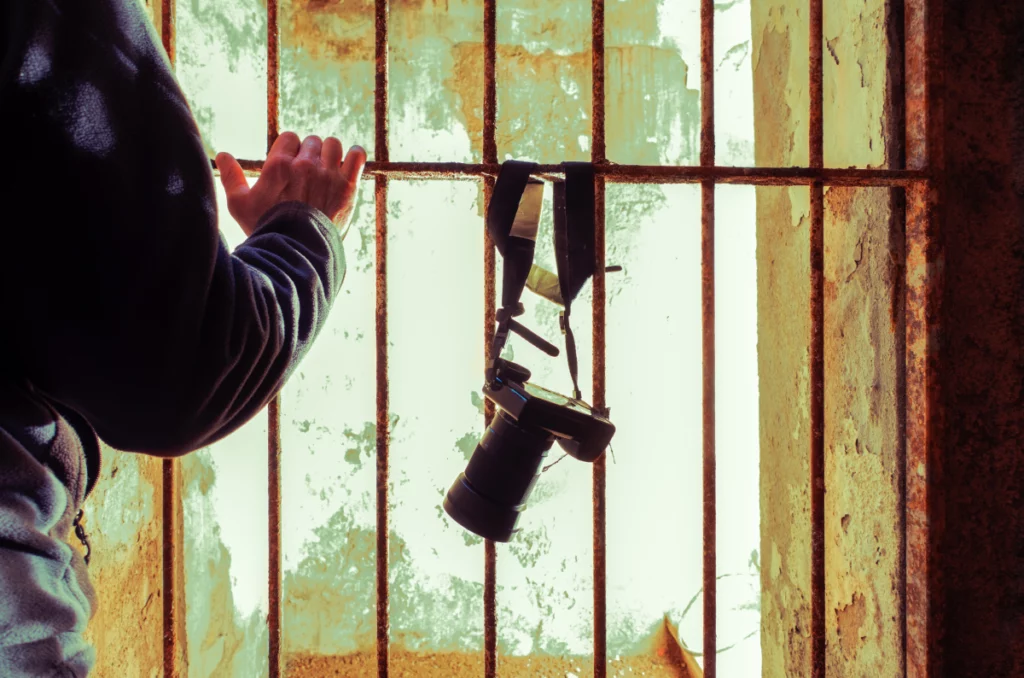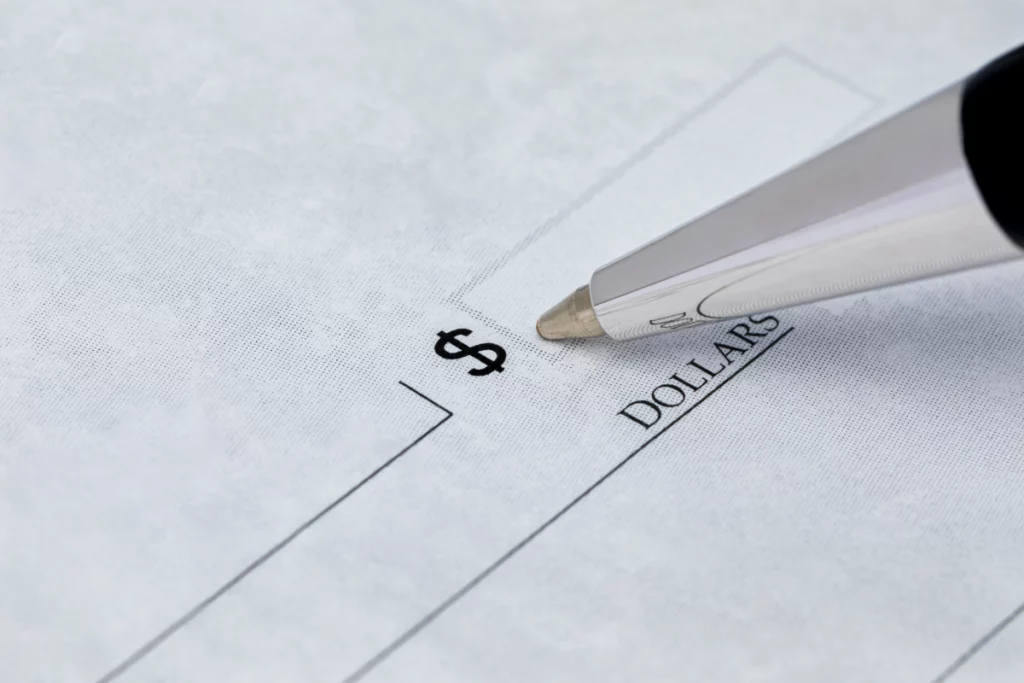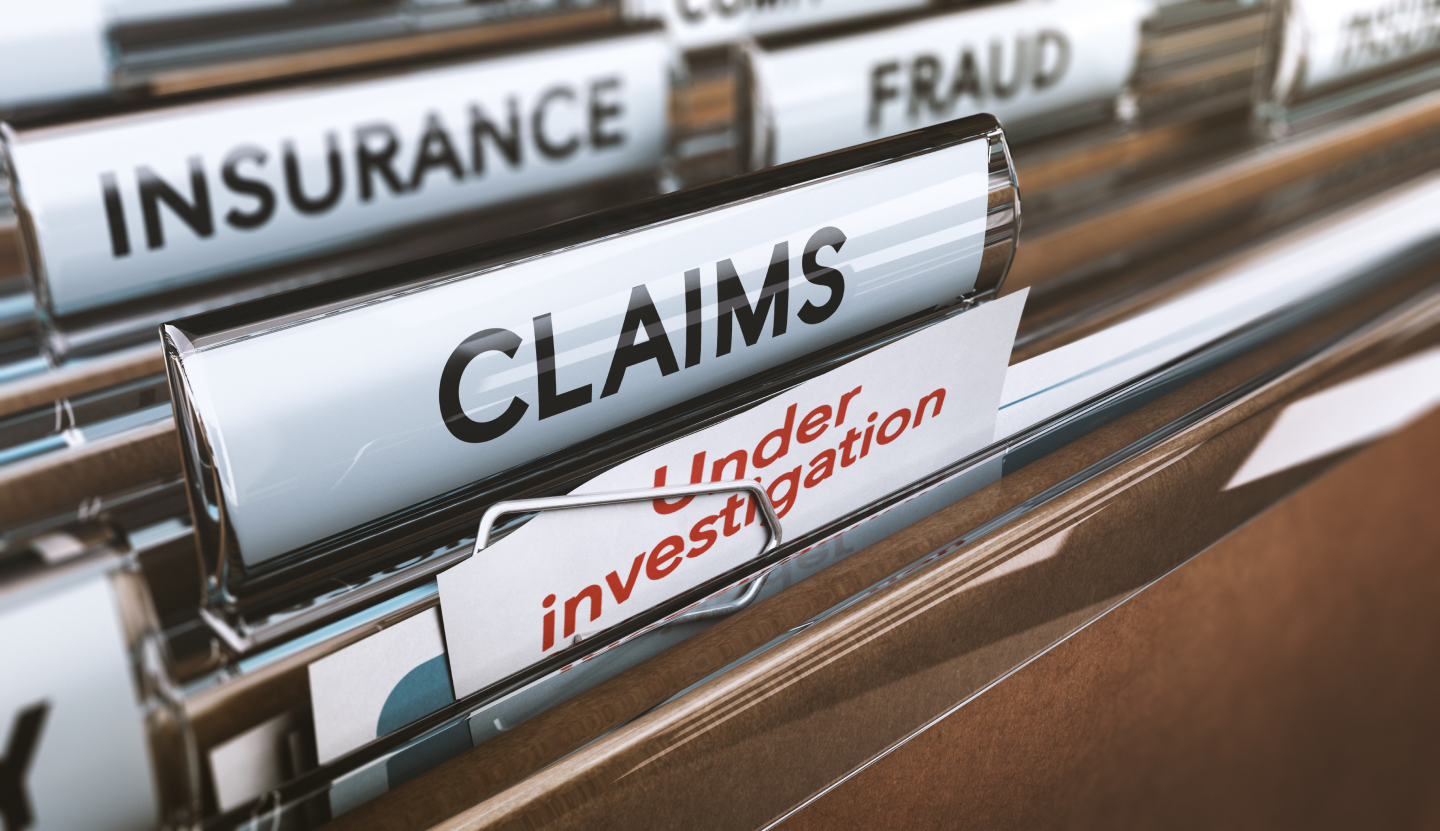Question: What do all these things have in common?
- Fibbing about your car’s mileage on an auto insurance application
- Altering a receipt to change the dollar amount you paid for your DSLR camera
- Buying insurance after an accident occurs to get coverage after the fact
Answer: They’re all fraud.
What does insurance fraud look like, how does it affect you, and what is Full Frame Insurance (FFI) doing about it? Get these answers and more below.
You’re Honest. So Why Is Insurance Still Getting Harder?
You’re a reliable and honest policyholder with minimal to no claims on record. Yet, you still see rising premiums, increased coverage restrictions, and more complicated claims processes.
Growing inflation, the increased frequency of natural disasters, and fraud are all contributing factors. In fact, insurance fraud costs over $300 billion each year. And of the millions of insurance claims filed annually, an estimated 10-20% are fraudulent.

Fairness in Insurance Is a Community Effort
Insurance is based on risk sharing and resource pooling, both of which rely on trust, honesty, and cooperation to work.
Risk sharing: The process of sharing the financial impact of potential losses among multiple parties.
Resource pooling: The combining of financial resources from many individual entities into one “pool” to cover potential losses.
When people commit insurance fraud, they jeopardize the stability of the resource pool that honest policyholders have created with their premiums.
Get insured with FFI today to join a community that plays fair while protecting your art.

What Insurance Fraud Looks Like in the Creative Industry
The Association of Certified Fraud Examiners defines fraud as “any activity that relies on deception in order to achieve a gain.”
Fraud: The intentional misrepresentation of the truth or concealment of information that results in harm to others. Insurance fraud = A crime of deception for a person’s own financial gain.
In other words, fraud is when you lie or intentionally withhold relevant information in order to get something for yourself. When it comes to insurance fraud, that usually means money.
What Counts as Insurance Fraud?
There are a number of ways people commit insurance fraud, most of which fit within two broader categories:
- Hard Fraud: A completely fake claim staged to collect the insurance money
- Soft Fraud: Exaggerating a real claim to get more money, or lying/withholding info on an insurance application or claim
Insurance Fraud Examples
The most common kinds of fraudulent activity include:
- Buying coverage for an accident or loss after it happens
- “Padding” aka exaggerating the damages of a real claim
- Misrepresentation, aka providing false information
- Lying about a cause of loss
- Faking a loss entirely
Example One:
On a Thursday evening, an uninsured photographer drops their unzipped camera bag in a parking lot and breaks two lenses. On Friday, they apply for an insurance policy with equipment coverage. On Monday, they report a claim for their lenses, stating the damage occurred over the weekend (after the actual damage happened).
Example Two:
During a shoot, a photographer’s strap snaps and their camera breaks into pieces. They report the incident to their insurance company, but they use artificial intelligence to change the purchase price of their camera from $1,500 to $4,300.
Example Three:
A videographer files a real claim in May and gets paid to replace their damaged equipment. Then, in November, they file a fake second claim using the same receipts as the first, in an attempt to receive additional money from the insurance company.

What Are the Consequences of Insurance Fraud?
The legal consequences of insurance fraud range from fines and misdemeanors to jail time and felonies. They are also often required to make restitution, aka pay back everything they stole.
Depending on the severity and other details of the offense, an individual may be prosecuted at the state, federal, or both levels.
Even with only small monetary amounts involved, someone convicted of insurance fraud will likely face ongoing legal and financial challenges. They may lose their job, find it hard to get another job, or be unable to obtain future insurance coverage.
Even if the fraudster is able to find home or auto insurance after their conviction, they’ll often be forced into a high-risk policy with much higher premiums.
Real-Life Insurance Fraud Examples and the Consequences
From the North Carolina Department of Insurance’s Criminal Investigations Division:
An individual from Carrboro was charged with felony insurance fraud after attempting to obtain $3,000 from USAA via a fraudulent renters’ policy claim for damage to a ninth-generation MacBook Pro that she did not possess, purchase, nor own.
The National Heritage Life Insurance Company:
In the 1990s a group of fraudsters stole $400 million over several years from the National Heritage Life Insurance Company. Because of this, the company collapsed in 1995 and left many of its 35,000 customers without their life savings. The fraud ring’s leader was sentenced to 845 years in federal prison.

The Hidden Impact of Fraud on Honest Policyholders
The high prevalence and costs of fraudulent activity force insurance companies to adopt policies to combat this activity, including things like:
- Investing more in investigative teams and resources
- Taking longer to investigate claims thoroughly
- Implementing stricter policy language
- Increasing the number of coverage exclusions
Limiting coverage types and/or covered locations
These practices then translate to:
- Higher premiums for everyone
- Longer claim times
- Increased scrutiny from insurers
- Fewer resources for legitimate claims
In short, insurance fraud impacts everyone, including honest policyholders like you. Not only does it raise insurance rates, but it also devalues your premium contributions, jeopardizes the integrity of the risk-sharing system, and erodes trust.
In non-healthcare insurance fields, “the average U.S. family pays between $400 and $700 per year in the form of increased premiums due to fraud.”
How Full Frame Helps Protect Honest Creators
Our mission at Full Frame is to help protect your business with easy, affordable, and comprehensive insurance coverage. That’s why we’ve been taking steps to address the rising levels of fraud in the small business insurance world.
“In order to keep our honest customers' insurance policies as price-friendly as possible, we have measures put into place to catch people who are trying to commit fraud. If someone is caught committing fraud, their information will be turned over to the Department of Insurance and local authorities for potential prosecution.”
Program Manager Kyle Jude
To help combat fraudulent activity, each claim is assigned to a licensed claims adjuster who thoroughly reviews the policy and all the loss details. FFI also asks insureds to keep detailed records for each piece of gear, including receipts and serial numbers. For theft or vandalism claims, a copy of a police report is required.
Once the adjuster determines if there is coverage for the claim, they will issue the appropriate payment.
Filing a claim with FFI is easy. To make it easier, have your policy information and relevant documents ready to go when you call or file online.
We’re here to support you — get insured today.
Did you know FFI’s parent company, Veracity Insurance Solutions, made CNBC’s World’s Top Fintech Companies List? Find out what this award means for FFI customers.

FAQs About Insurance Fraud and Coverage
What Is the Difference Between a Mistake and Misrepresentation on an Insurance Application or Claim?
A mistake is an unintentional error. Mistakes are usually correctable and should be fixed as soon as you realize them.
A misrepresentation is false or misleading information. Misrepresentations are usually made on purpose or are a consequence of extreme carelessness. Because of this, misrepresentations often lead to claim denial, policy cancellation, or legal action.
Mistake = accidental.
Misrepresentation = on purpose or negligent.
What if I Accidentally Mess Up My Claim?
As soon as you realize you’ve made a mistake, contact us or your claims adjuster to correct it. The sooner you report the mistake, the quicker your claim can be processed. If you don’t correct it, you risk having your claim denied.
What Happens if an Insurance Company Catches You Lying?
If an insurance company discovers that you’ve lied intentionally, your claim will likely be denied and your policy cancelled. The company may also pursue legal action against you, which could result in you being required to pay back any money received from them previously, other fines, or even jail time.
Why Does Someone Else’s Fraud Affect My Premium Price?
Insurance works by pooling premiums from many policyholders to pay for individual claims. When others file false or inflated claims, the total amount insurance companies pay out increases. The companies then factor in this higher business expense when determining premiums for all policyholders.
Can Fraud Delay My Payout Even if I’m Innocent?
Yes. When fraudulent activity rises, claims adjusters must spend more time scrutinizing and investigating every claim. This means it can take longer to make a determination and could back up claims for other customers.



